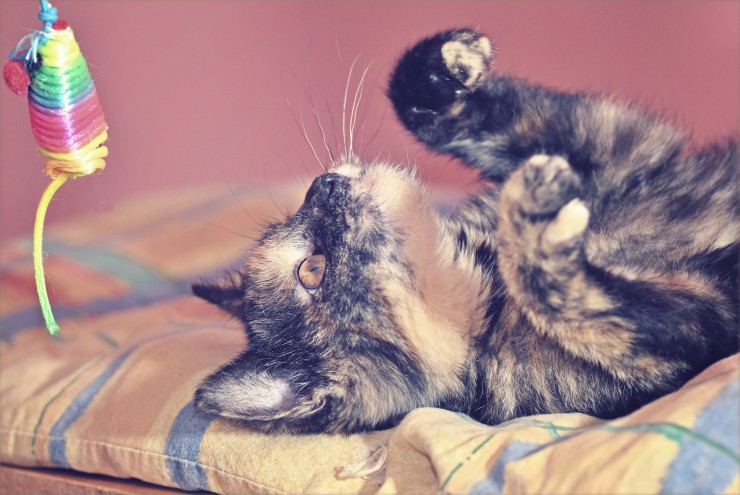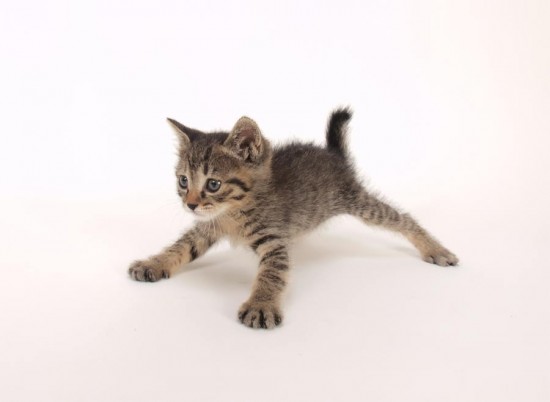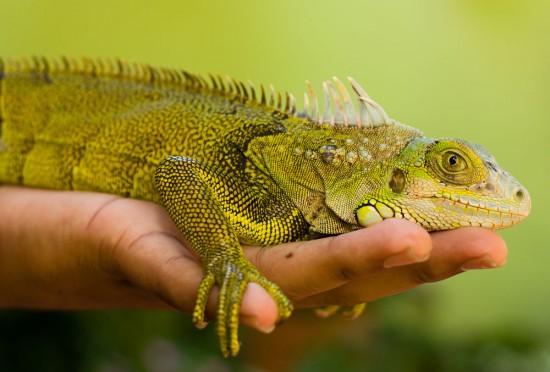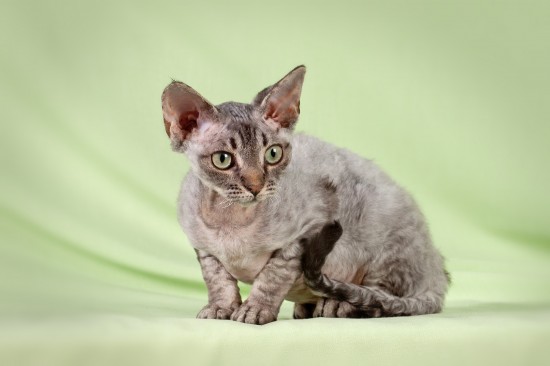This time of year seems to bring out the little critters from the fields, lawns, bushes and trees. Life can be miserable when these pests come for a visit to your home and property. There is never a definitive answer in pest control. Regardless of the information you have got, regardless of how much you make efforts to stop potential pest control issues, there's still a chance that you may have to deal with a pest problem.
As long as animals and insects are as a rule fairly adaptable, some could discover ways to thrive even in climates that for them aren't really ideal. As homes and developments move closer and closer to their natural habitats animal pests that are thought to be wild, like coyotes, raccoons, rats, mice etc. may come to your property and home hunting for food.
That said, pest prevention can be truly beneficial and can save money, headaches and a lot of time. There are many fundamental steps to prepare and maintain your house as a way to avoid future infestations.
Pruning - Prune any trees or shrubbery that overhang or touch the house. Unpruned trees and shrubs are great runways for bugs, rodent pests and other pests to enter your house.
Moisture and Water - Check your house for water leaks and correct any that you locate quickly. Since all living things need to have water to survive, even the smallest leaks can be an invitation to pests including mice, bugs and snakes.
Clutter - Basements, attics and garages are all easy to allow to get disorganized and messy, but boxes and other storage receptacles are excellent places for rodents, insects and other animals to hide, and are exposed to problems. A lot of disarray in an area can also make it difficult to search for prospective infestations and repair them.
Stacked Firewood - Store firewood a decent distance from your house and try to keep it stored off of the ground. Try only leaving two or three day's worth of wood close to your door to avoid allowing animal and insect pests to create their home in the stacks.
Food Storage - Store all unsealed food in air tight containers, like bird seed and pet food. Use plastic or glass containers for the storage of food instead of boxes made of cardboard or bags. Mice in particular will chew right through cardboard and paper products and not only eat some of the food, but also pollute what they don't consume.
Entrances - Look at both the inside and outside of your house for cracks and holes and caulk them. It just takes a tiny crack to provide insects access to your home and property, and rodents only need to have a hole that's a quarter of an inch.
Using these ideas and smart housekeeping methods will help you inhibit infestations in your house, but obviously can't guarantee that pests will never be a problem. If you find that pest control on your property or in your home is more than you are capable of handling, look for an experienced professional near you to quickly and carefully carry out a program for pest control.

 Importance of dog training schools and boarding services for your pet
Importance of dog training schools and boarding services for your pet
 Five Reasons Why Enabling Your Cat’s Play Is So Important
Five Reasons Why Enabling Your Cat’s Play Is So Important
 Hereditary Health And Genetic Diversity Within The Chihuahua Dog Breed
Hereditary Health And Genetic Diversity Within The Chihuahua Dog Breed
 5 Reasons to Hire a Dog Walker
5 Reasons to Hire a Dog Walker
 How To Exercise Your Cat
How To Exercise Your Cat
 Hints And Tips On Allocating A Personal Space To Your Dog
Hints And Tips On Allocating A Personal Space To Your Dog
 10 Most Expensive Dog Breeds To Own
10 Most Expensive
10 Most Expensive Dog Breeds To Own
10 Most Expensive
 Giardia In Dogs - Canine Giardiasis
Giardia In Dogs -
Giardia In Dogs - Canine Giardiasis
Giardia In Dogs -
 Why Keep A Reptile?
Why Keep A Reptil
Why Keep A Reptile?
Why Keep A Reptil
 Dander In Cats Explained
Dander In Cats Ex
Dander In Cats Explained
Dander In Cats Ex
 High quality freeze dried fish for your fishes makes an excellent choice of healthy food
High quality freeze dried fish for your fishes makes an ex
High quality freeze dried fish for your fishes makes an excellent choice of healthy food
High quality freeze dried fish for your fishes makes an ex